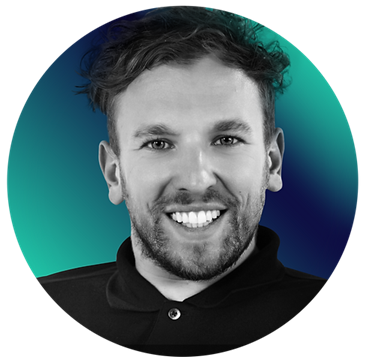Dylan Alcott tells advertisers to commit to representation or get left behind
In the first session of the AANA’s Reset conference on Friday, gold medal-winning Australian paralympian, Tennis champion and 2022 Australian of the Year Dylan Alcott told the advertising industry that representation of people with a disability is not only impactful for young people with a disability, but it just good business.
“You’re gonna make a shedload more money if you have representation and you advertise to that segment of the population,” said Alcott.


